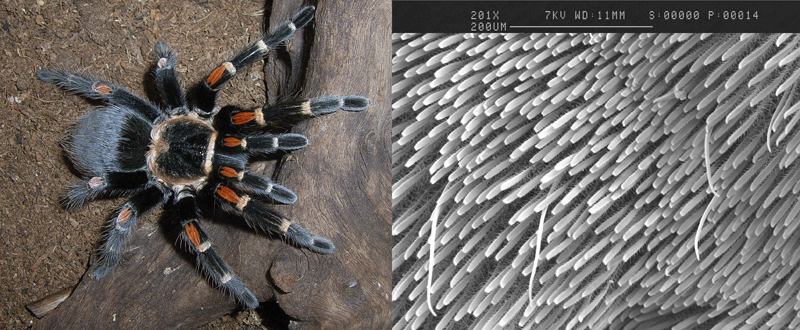Matching the Drug to the Bug
A new technique can quickly identify a pathogen and size up its drug resistance, all with one test.

A new technique can quickly identify a pathogen and size up its drug resistance, all with one test.
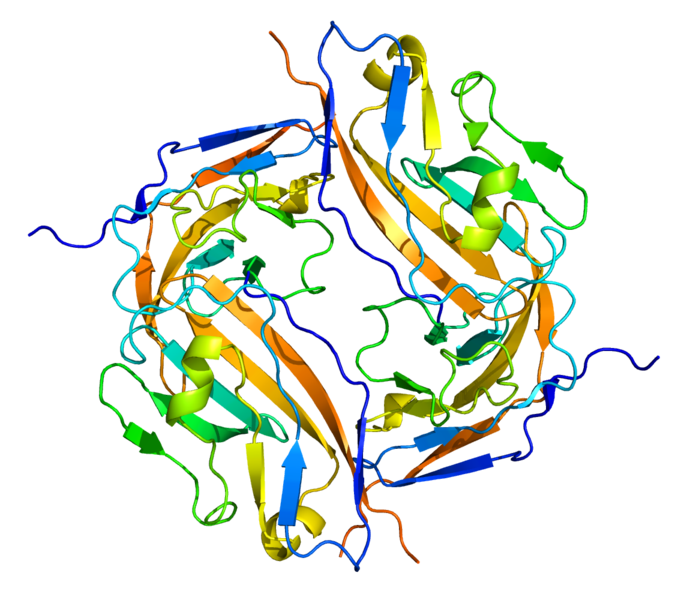
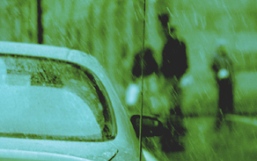
SCIENCE OF SOCIETY - Do wealthier people tend to have fewer scruples? The social costs of mass incarceration. Seeing-eye smartphones for the blind. And, new evidence calls an accepted tenet of science into question. Also: how to make plastic from plants.
Scientists in China and North America have produced human blood protein from genetically modified rice seeds.
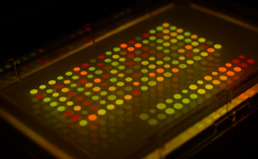
THE SCIENCE OF LIGHT & VISION - A pacemaker that restarts the heart with light, and a secret code made from fluorescent bacteria. And, could a lack of outdoor activity be making kids more nearsighted? Also: new research suggests that IQ might not be as stable as once thought.
Changes in chemical signaling among ocean bacteria may be impacting the global climate.
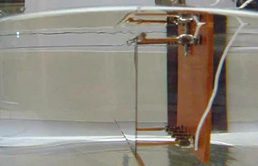
SCIENCE UNDERWATER - Why the seas of the future may belong to jellyfish, why fish tanks can be breeding grounds for aggression, how chatter between ocean bacteria contributes to climate change, and good news about sea turtles. Also, scientists unveil the first underwater cloaking device.
A new treatment may block specific allergies without disrupting other immune functions.

PREVENTIVE HEALTH - Vitamin D and ethnicity, a breath test for toxins, drinking and the immune system, measuring pain in the brain, and a new weapon to combat allergic reactions.
Bigger tanks and richer environments reduce aggression in popular pet fish.
A replica of woolly mammoth blood protein may lead to treatments for hypothermia and improvements in surgery.

PLANETS & PATHOGENS - Gardening for Mars, the darkest planet, a parasite that turns rats against themselves, telling the viruses from the bacteria, and the link between caffeine and skin cancer prevention.
Lager beers have been around for about 500 years, thanks to the meeting of yeasts from the Old and New World.
